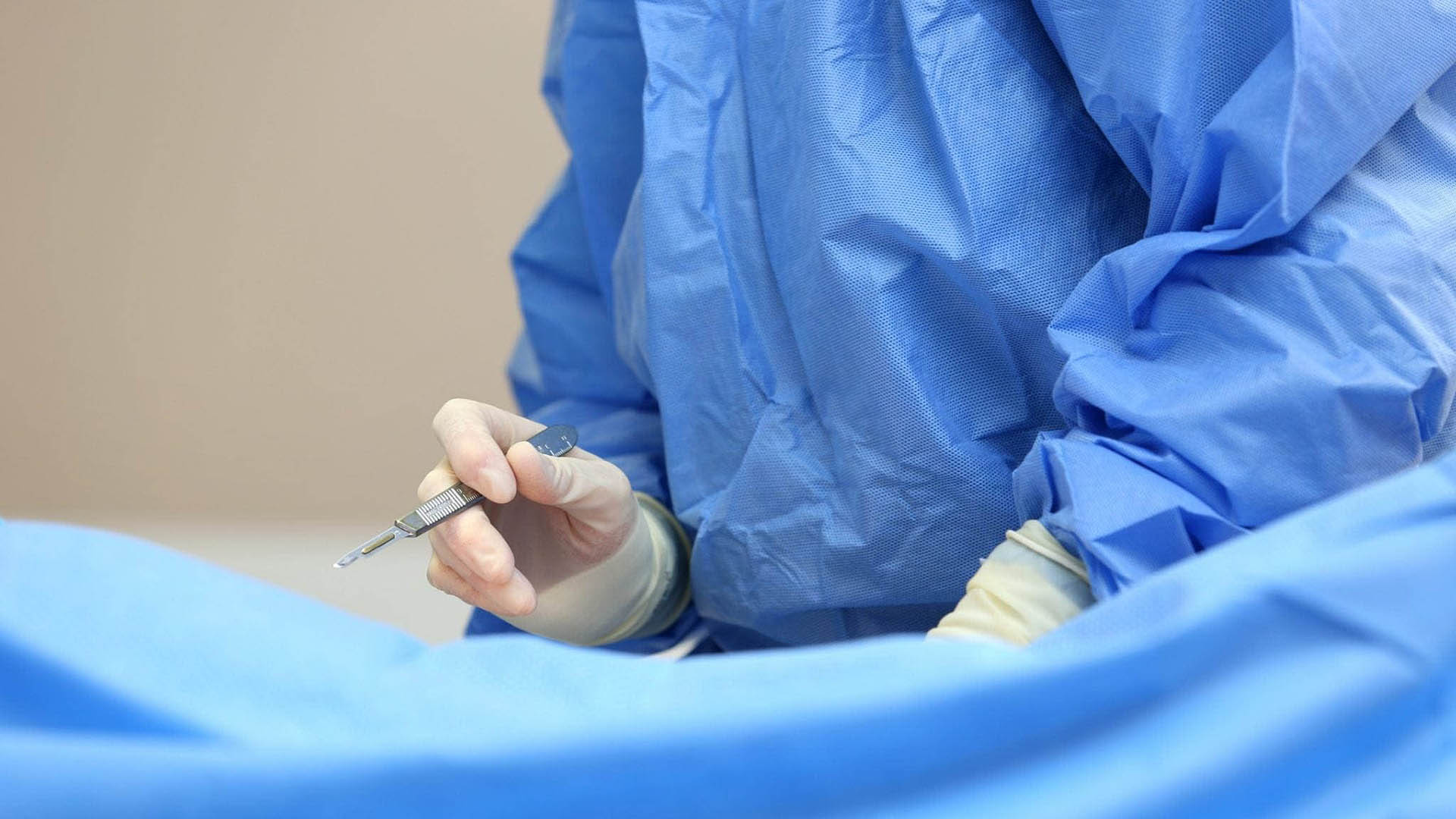What is Hardware Removal?
Removal of surgically implanted hardware, such as pins, plates, wires, and screws, is one of the most common procedures in western medicine. These materials are designed in such a way that they can stay in place even after the wound has healed. Health professionals may recommend removal surgery.
Pain and inflammation in the vicinity of the implant are cause for concern and may justify the hardware removal. The National Institutes of Health report that patient pain was cited as a concern in 95% of hardware removal procedures.
An infection around the implant will likely cause pain. Such a condition should be treated quickly. In removing infected tissue, it may be prudent to remove any adjacent hardware.
Failure of osteosynthesis and malposition are less common reasons for hardware replacement or removal, but they can be just as urgent. They may even render the hardware useless for its original purpose.
Implanted hardware can also inhibit the function of joints, muscles, tendons, ligaments, or other such bodily components. The ankle joint is most frequently the site of hardware removal, followed by the wrist. A little over 70% of removal surgeries are due to reduced function.
What is the Procedure Like?
Most hardware removal procedures take place within a year or two of the initial implantation. In cases where there is little hardware to remove, the surgical process can take a matter of minutes under local anesthesia. If the removal process is more delicate, however, general anesthesia is recommended to prevent any subtle movements in the patient.
The surgery itself involves reopening the original incision from implantation and removing any scar tissue that has formed over the hardware. After removal or replacement of the hardware, the surgeon recloses the wound.
Most hardware removal surgeries are inpatient. It's not uncommon, however, for patients to go home a few hours after the procedure is over. Afterward, the greatest risk of complication is interrupted or improper healing.
Do I Need to Have My Hardware Removed?
Hardware removal is not always necessary, but over time, implanted material may start to irritate the surrounding tissues. Pain or discomfort around implanted hardware may also be a sign of infection or nerve damage.
More than two-thirds of patients who undergo hardware removal surgery report satisfaction with the procedure and with their improvement afterward. Data indicate that when people who have undergone hardware removal surgery, the likelihood that they will experience complications may depend on the bodily location of the hardware being removed.
You and your healthcare professional will have to decide if hardware removal is right for you. Critical considerations include your general health, whether the original injury has healed, the nature of the implant, which part of the body is affected, and whether any soft tissues may be involved.


